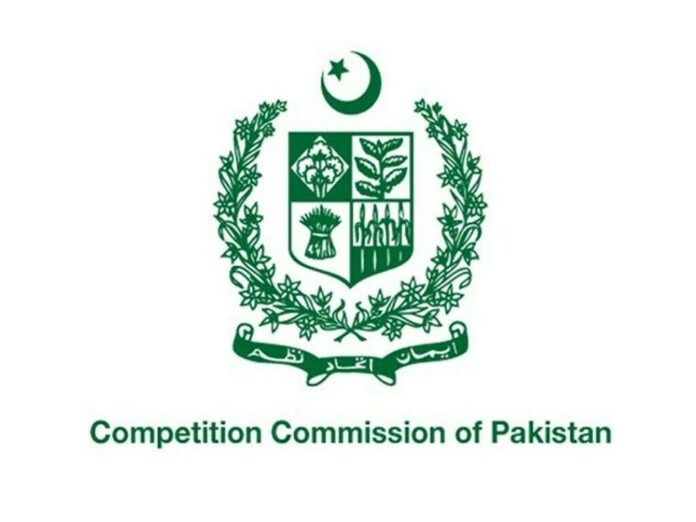The Competition Commission of Pakistan (CCP) issued 12 major enforcement orders during the fiscal year 2024–25, imposing penalties totaling Rs1.007 billion on companies engaged in anti-competitive conduct across vital sectors such as fertilisers, poultry, automobiles, pharmaceuticals, real estate, food, hygiene products, paints, and education, the commission said in a statement on Monday.
According to the CCP, the commission has significantly improved its enforcement mechanism and expedited case proceedings by minimizing procedural delays.
“The commission has strengthened its enforcement arm and streamlined hearings by curbing unnecessary delays. This fast-track approach is helping CCP resolve cases swiftly and enforce the law more effectively,” the statement noted.
Of the 12 enforcement orders, eight were related to deceptive marketing, while three involved cartelisation and price-fixing. One additional order, issued on the directive of the Lahore High Court, dealt with CCP’s jurisdiction in a case involving fraudulent use of a trademark under Section 10(2) of the Competition Act.
In a notable cartelisation case, the CCP fined six urea manufacturers and their trade body—the Fertilizer Manufacturers of Pakistan Advisory Council (FMPAC)—a total of Rs375 million for engaging in price-fixing. Each manufacturer was fined Rs50 million, while FMPAC received a Rs75 million penalty.
In another cartel-related case, eight poultry hatcheries were penalized Rs155 million for fixing prices of day-old broiler chicks.
On the deceptive marketing front, Kingdom Valley was fined Rs150 million for making false claims about its housing project.
Unilever and Friesland Campina Engro were each fined Rs75 million for advertising frozen desserts as ice cream. Unilever also incurred an additional Rs60 million penalty for deceptive advertising related to Lifebuoy products.
Al-Ghazi Tractors was fined Rs40 million over misleading claims about fuel efficiency, while Hyundai Nishat Motors was fined Rs25 million for deceptive marketing of its Hyundai Tucson SUV.
In the pharmaceutical sector, 3N Lifemed Pharmaceuticals was fined Rs20 million for using fake certification for dialysis machines. However, this penalty was later reduced to Rs2 million by the Competition Appellate Tribunal (CAT).
The CCP also fined British Lyceum and Diamond Paints Rs5 million each for publishing misleading advertisements.
Speaking on the commission’s ongoing enforcement efforts, CCP Chairman Dr Kabir Sidhu issued a stern warning against cartel behaviour.
“Cartelisation is a serious offence and will not be tolerated,” he stated.
“Cartels harm economic growth, violate consumer rights, and deter new investment.”
He further cautioned that trade associations must not serve as platforms for price collusion or market manipulation, stating that such conduct “leads to the exploitation of the entire nation.”
The CCP also confirmed that notices have been issued to sugar mills for rehearing in a cartelisation case, signaling continued scrutiny of anti-competitive behaviour in key sectors.




